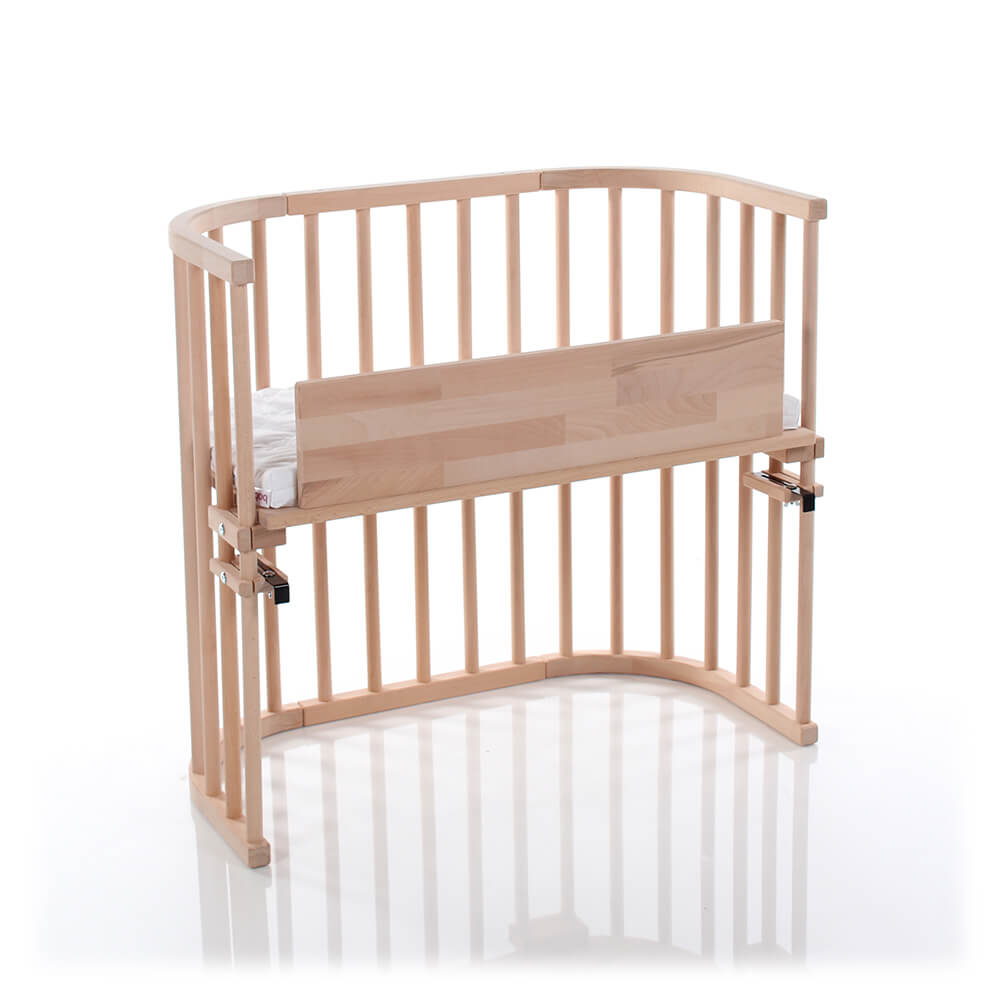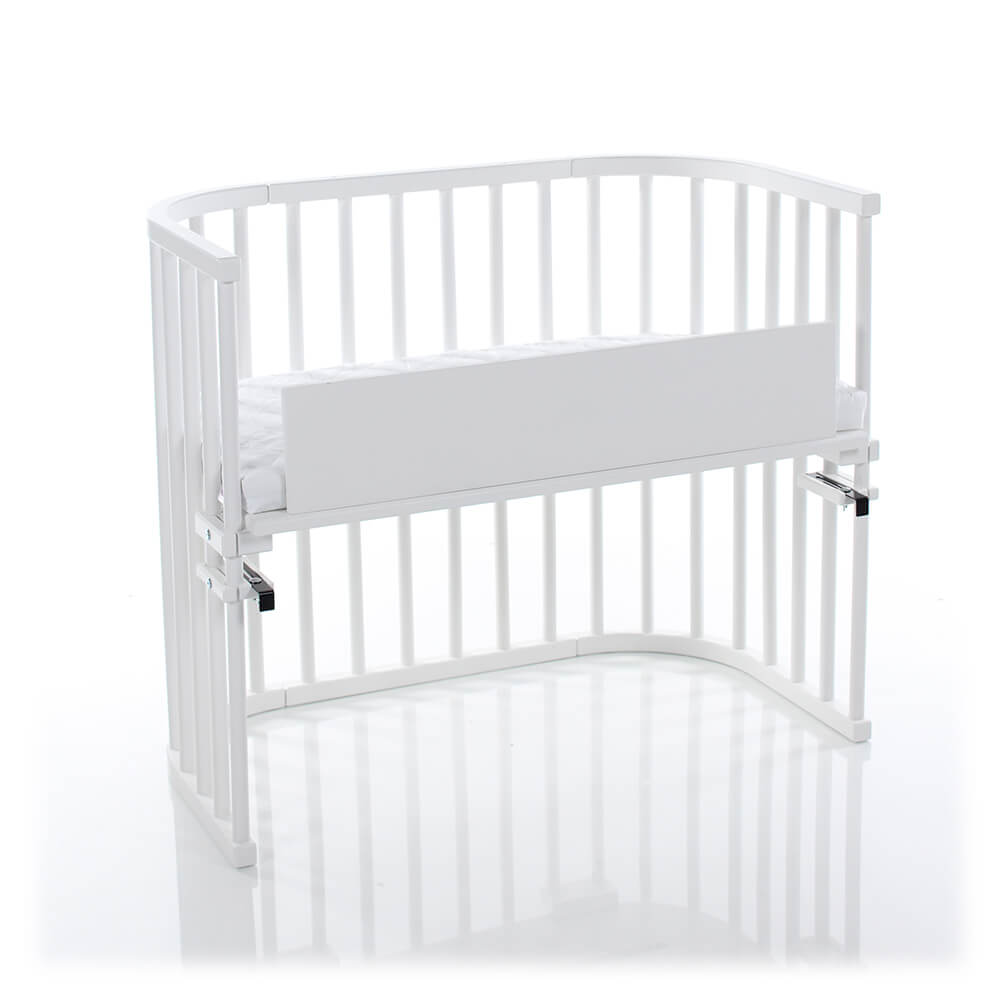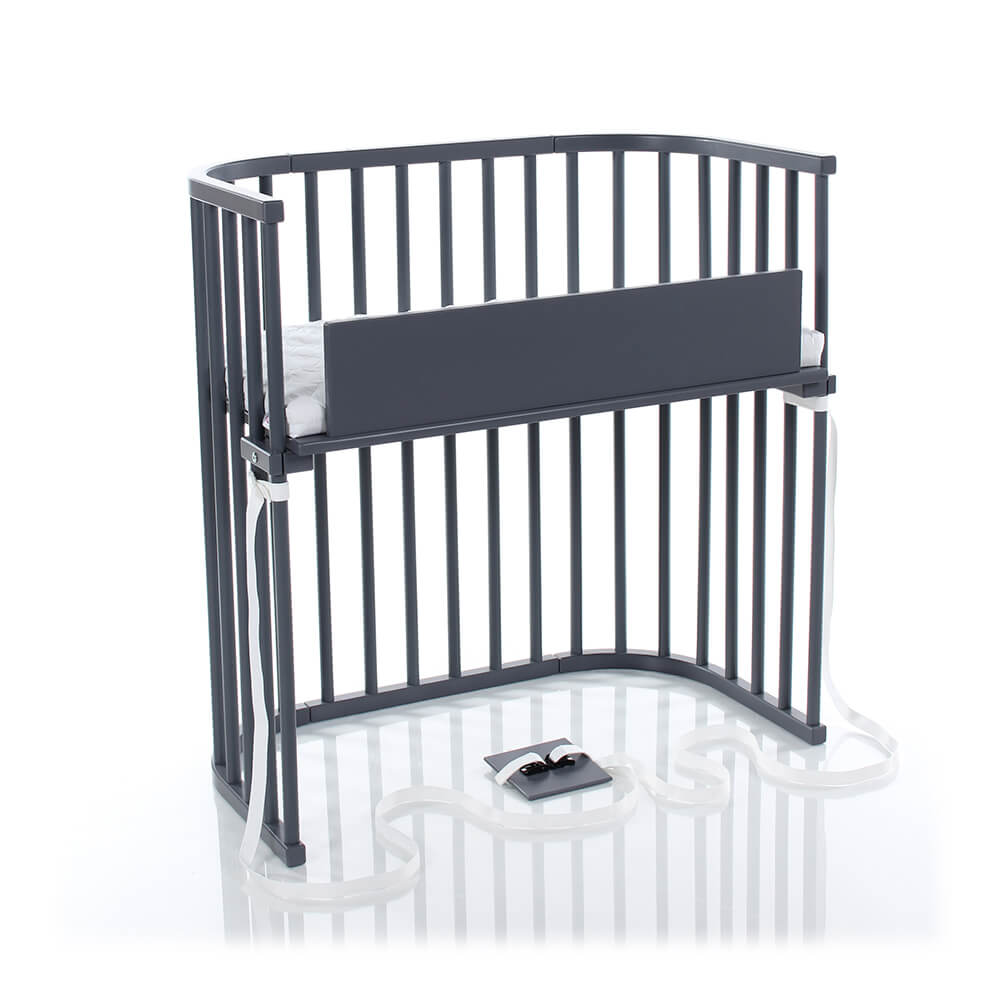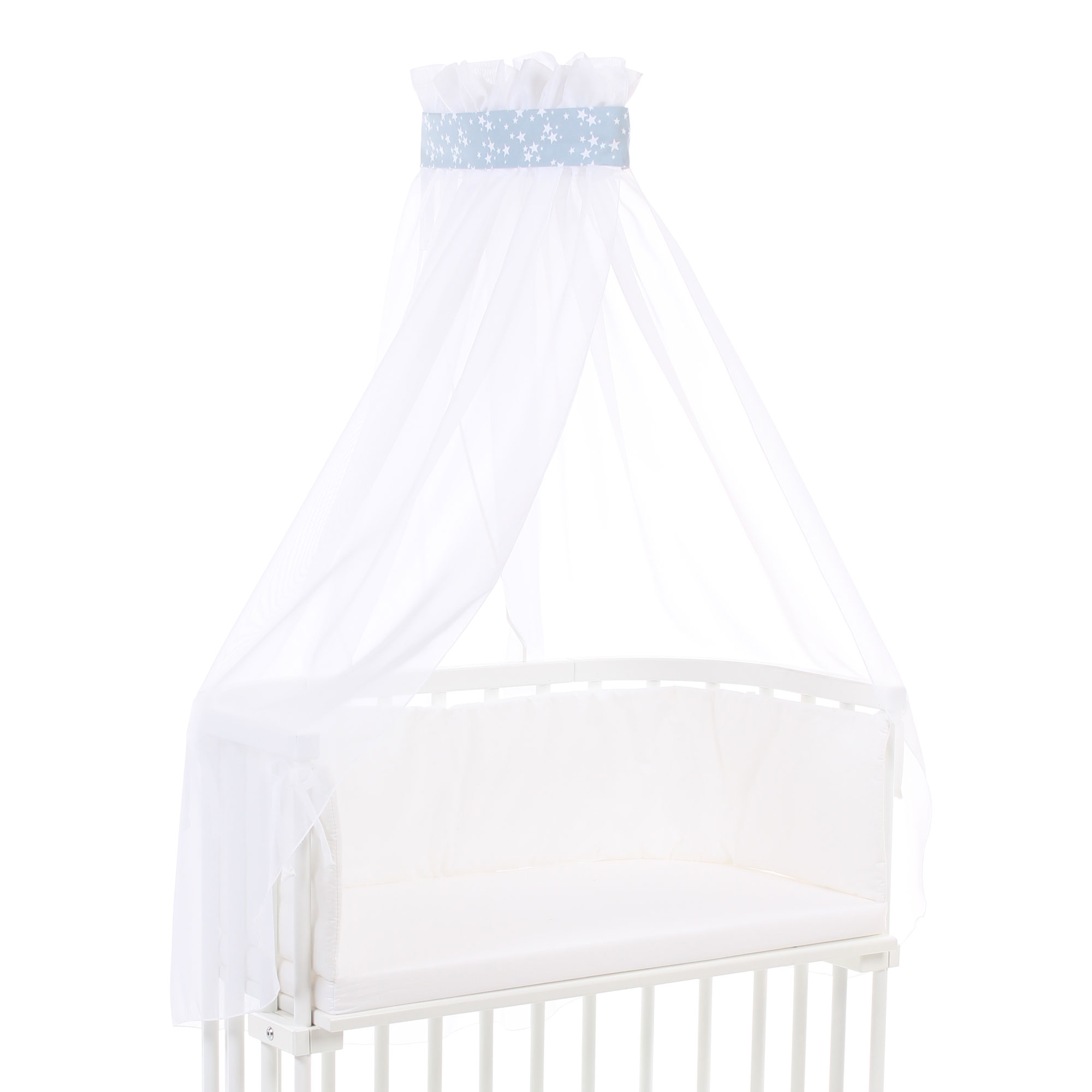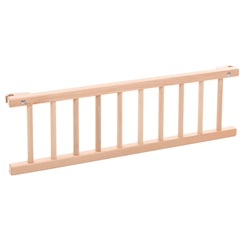Sure, new parents are used to their babies crying during the day. But when you start hearing your baby crying in sleep suddenly, it can set your nerves on high alert and leave you wondering whether there’s something really wrong.
The good news is that nighttime crying isn’t uncommon for babies.
Neither is nighttime screaming, grunting, or other surprising sounds that you don’t expect to hear when your baby is deep in the dream state.
But knowing why your baby is crying in sleep—and what to do about it—can save you needless worrying during the night, and help you give your baby exactly what they need to quickly go back to rest.
So what leaves your baby crying in sleep suddenly?
Your baby might be crying or making sounds because they’re:

- Having tummy troubles
- Experiencing an overactive imagination (with nightmares as well!)
- Flipping between sleep cycles
- Having some tooth pain
So how do you recognize the why behind the nighttime crying your baby is doing? And how do you try to keep these sleep tears from happening again?
Let’s break it down.
Nighttime Crying from an Upset Tummy

During the first months of their life, your baby is growing and learning a lot about the world.
That takes time and energy—which means the transition from being in the womb to relying on formula or mom’s milk for sustenance might not be smooth.
Your little one could be feeling their tummy rolling around and use crying to express their frustration, even while they remain partly asleep.
As long as this stops fairly quickly, you shouldn’t be too concerned. Some nighttime crying is normal as your baby adjusts to the world.
Do Babies Dream? And How Does That Lead to Nighttime Crying?
Do babies dream? Well, kind of! Many researchers now believe that babies only begin dreaming once they’ve developed the ability to process the world, which could take a few years.
But that doesn’t mean your baby’s imagination isn’t working overtime, or they aren’t working on processing some parts of their day.
If this is the case, just keep a close eye on your baby and let things play out. Their imaginative wonderings will soon calm down, and their crying will too.
Baby Crying During Sleep: Part of Flipping Sleep Cycles
It’s common to see a baby crying during sleep as their body transitions from one sleep cycle to the next. That’s because they move between sleep cycles very quickly (unlike adults!), and spend far more time in REM sleep than their older siblings or parents.
As babies come to the end of each sleep cycle, they find themselves coming partly awake. During this transition phase, your little one can experience brief moments of distress and express frustration at being dragged toward wakefulness.
If this is the case, don’t fret! Your baby should go back to their normal, quiet sleep routine as soon as they adjust to that new state of sleep.
Your Baby Is Crying At Night Because of Teething
Teething pain isn’t easy on your little one. 
Teething pain can keep your baby awake at night and also make them cry out in frustration and fussiness when they feel that discomfort come on.
Though parents tend to know the signs to look for when this happens throughout the day, it can be disconcerting to hear your baby crying out in pain when it’s time to rest.
If this sounds familiar, it shouldn’t be too much of a concern.
This is a temporary phase—one that starts at about 3 months of age for many babies—and can be soothed with remedies for teething pain.
So Should I Worry If My Baby Is Crying During Sleep?

Though it can set your nerves alight to hear your baby crying in the middle of the night while still being asleep, you shouldn’t immediately be concerned.
There are many reasons why your baby may be crying in the middle of the night, and many of them don’t require intervention on your part.
However, you should watch your baby to make sure that their crying stops soon.
Whether it’s from teething pain or baby nightmares, the cries you hear should stop fairly quickly. If they don’t, it could be a sign that you should consult a professional in the morning to learn more.
Luckily, bedside co sleepers can help you become more attuned to your baby’s needs and know when a crisis or a random nighttime cry is afoot. So that you don’t have to spend another night worrying about your baby crying in sleep suddenly—and get better nights of quality rest instead!

